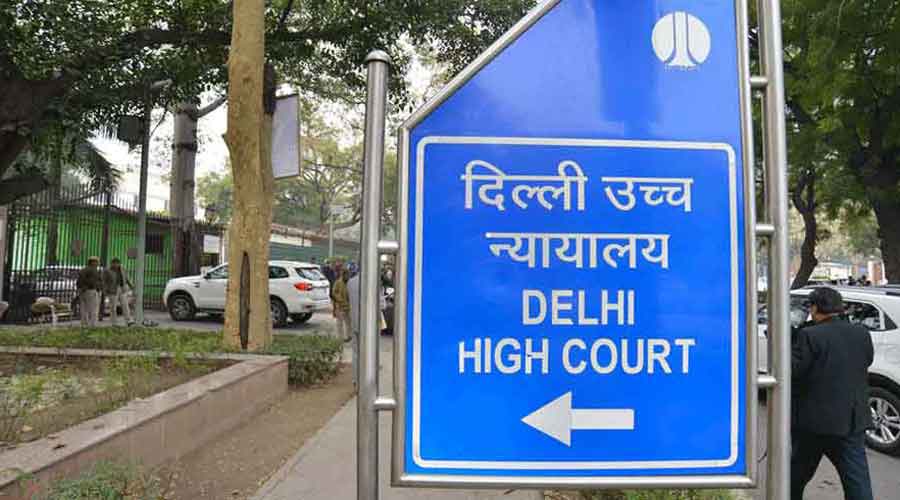India’s regulatory body for undergraduate medical education has asked medical colleges to consider imparting lessons in vernacular languages.
The Undergraduate Medical Education Board of the National Medical Commission (NMC) made the suggestion to the heads of medical colleges across the country through a videoconference meeting on February 7, two faculty members familiar with the discussions said.
A document purportedly outlining highlights of the February 7 meeting called by the UG board circulated via social media and containing suggestions relating to the curriculum and the other proposals has triggered debate and discourse across medical circles. Other suggestions include introducing yoga training and replacing the traditional Hippocratic oath by one crafted by ancient India’s Charak.
The document lists “imparting medical education in bilingual languages”, describing it as among “new ideas floating”. Medical faculty appeared less concerned about the new oath than about the idea of imparting lessons in vernacular languages.
“The Hippocratic oath has been modified over the ages to reflect the current ethical expectations of a new medical graduate. The Charak oath could also be modified appropriately,” said George D’Souza, dean at the St John’s Medical College, Bangalore, who had attended the meeting.
“But imparting education in the vernacular is difficult as students can seek admission in any college in the country and it’ll be difficult to teach in the vernacular for such a diverse group — unless students have to get admission only in their state,” D’Souza said.
The suggestion for teaching medical courses in multiple languages may be “well-intentioned” but “impractical” and only suggests that those making such proposals are “somewhat disconnected from realities in implementation”, said another faculty member in a different medical college who requested anonymity.
A member of the UG board, requested by The Telegraph to speak about the proposals, declined to comment.
But another member of the NMC, the country’s apex authority for medical education and practice, told this newspaper that no such proposals have been forwarded so far to the commission.
“If the UG board forwards such proposals, the NMC will discuss it threadbare before making any recommendations for implementation,” said Shiv Kumar Utture, the NMC member.
The list of proposals in the document includes “the replacement of the Hippocratic oath with the Charak oath, as Charak belonged to our motherland”.
Historical records cite Charak who lived before 100AD as among the primary contributors of ayurveda.
Medical students would be expected to take the Charak oath in local or vernacular languages.
Sections of modern doctors have opposed the proposals. The Maharashtra branch of the Indian Medical Association (IMA), the country’s largest body of doctors, in a statement on Friday said it would object to any such proposal. It called the idea to replace the oath as “shocking”.
Any such move “would be an attempt to demean modern medical science”, said Mangesh Pate, IMA Maharashtra’s secretary. “We respect ayurveda, but we do not expect such moves from the NMC which is supposed to be the parent body for modern medicine.”
Many medical colleges have already introduced the Charak oath alongside the Hippocratic oath, said Vishwambhar Singh, associate professor of ear-nose-throat surgery at the Banaras Hindu University Institute of Medicine and secretary of the National Medicos Organisation, an entity that describes itself as “an offshoot of RSS health wing”, with the objective to inculcate nationalism among doctors of allopathy.
Singh said BHU’s medical college had introduced the Charak oath three years ago. It has also been adopted in many colleges, including AIIMS, Rishikesh, and the Indira Gandhi Institute of Medical Sciences, Patna, he said.
The suggestion to impart medical education in vernacular languages, Singh said, will take time as course material would need to be prepared.











